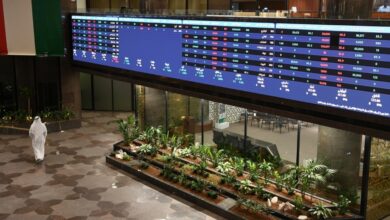National project to protect workers’ rights launched in Kuwait
The project contributes to raising the country’s ranking in international indicators and reports related to human rights and combating human trafficking.

-
The ‘Together 4’ project aims to educate workers about the rights guaranteed to them under labor laws, provide necessary legal support, and encourage society to support their cases.
The Public Authority for Manpower, in collaboration with the Kuwait Society for Human Rights, has launched the national project ‘Together 4’ to enhance the protection of workers’ rights in Kuwait.
Marzouq Al-Otaibi, the Acting Director General of the Authority, stated in a press release that the project aims to educate workers about the rights guaranteed to them under labor laws, provide necessary legal support, and encourage society to support their cases.
Al-Otaibi added that the project contributes to raising the country’s ranking in international indicators and reports related to human rights and combating human trafficking. He noted that the project is based on a memorandum of understanding with the Kuwait Society for Human Rights, aiming to enhance the concepts of human rights in general and labor rights in particular.
Al-Otaibi explained that the project aligns with international agreements ratified by the government of the State of Kuwait. It includes coordination on research and theoretical studies related to abuses and their resolution mechanisms, cooperation between state institutions and public benefit associations, spreading the culture of human rights among society by all legally available means, and establishing courses and training programs in law, including Kuwaiti labor laws related to the private sector and domestic workers.
He highlighted the role of the permanent committee responsible for linking and coordinating between the workforce, civil society institutions, and public benefit associations in following up on the national project ‘Together 4.’ The project offers numerous activities and services in different languages to protect workers’ rights.













